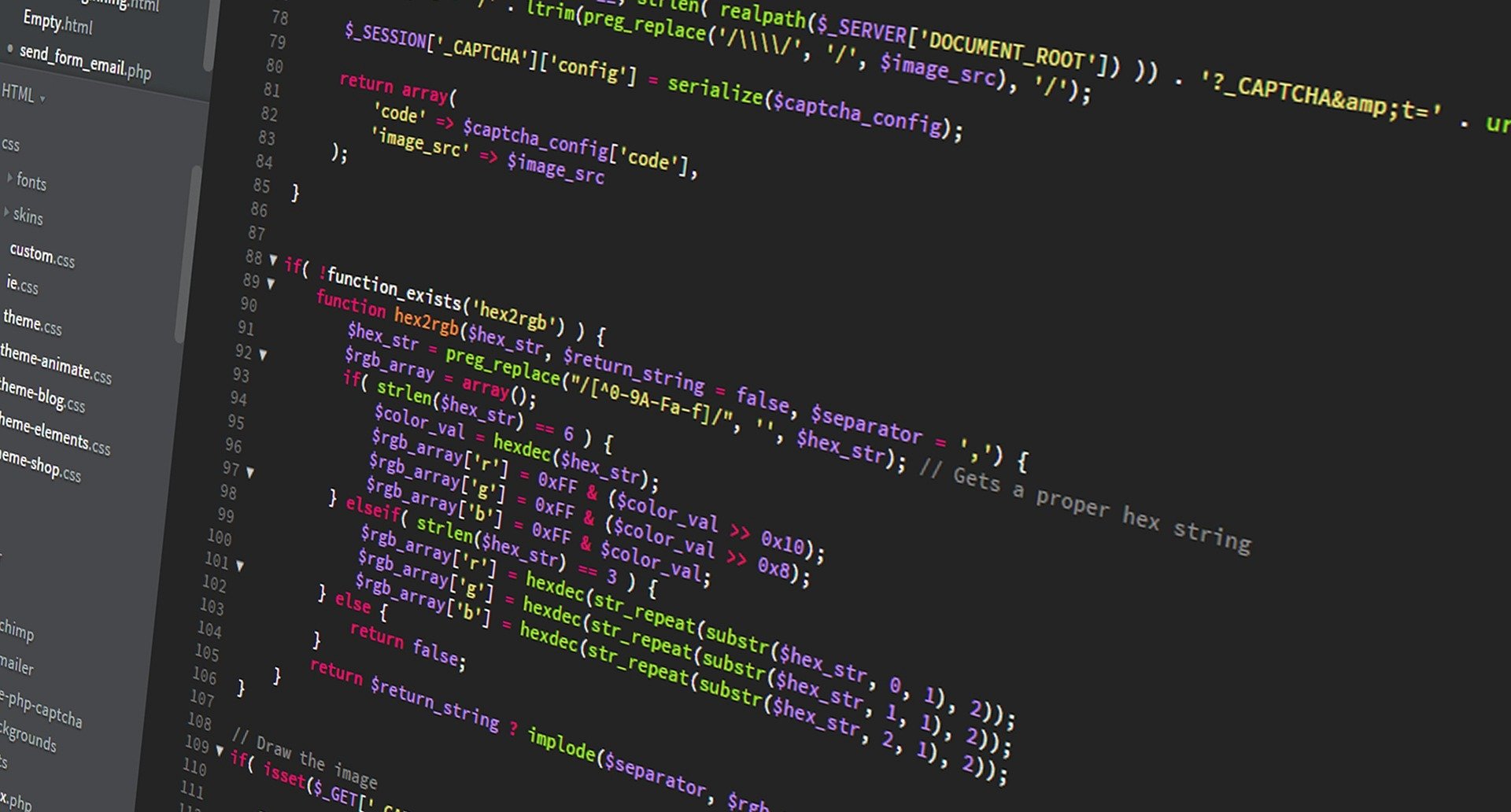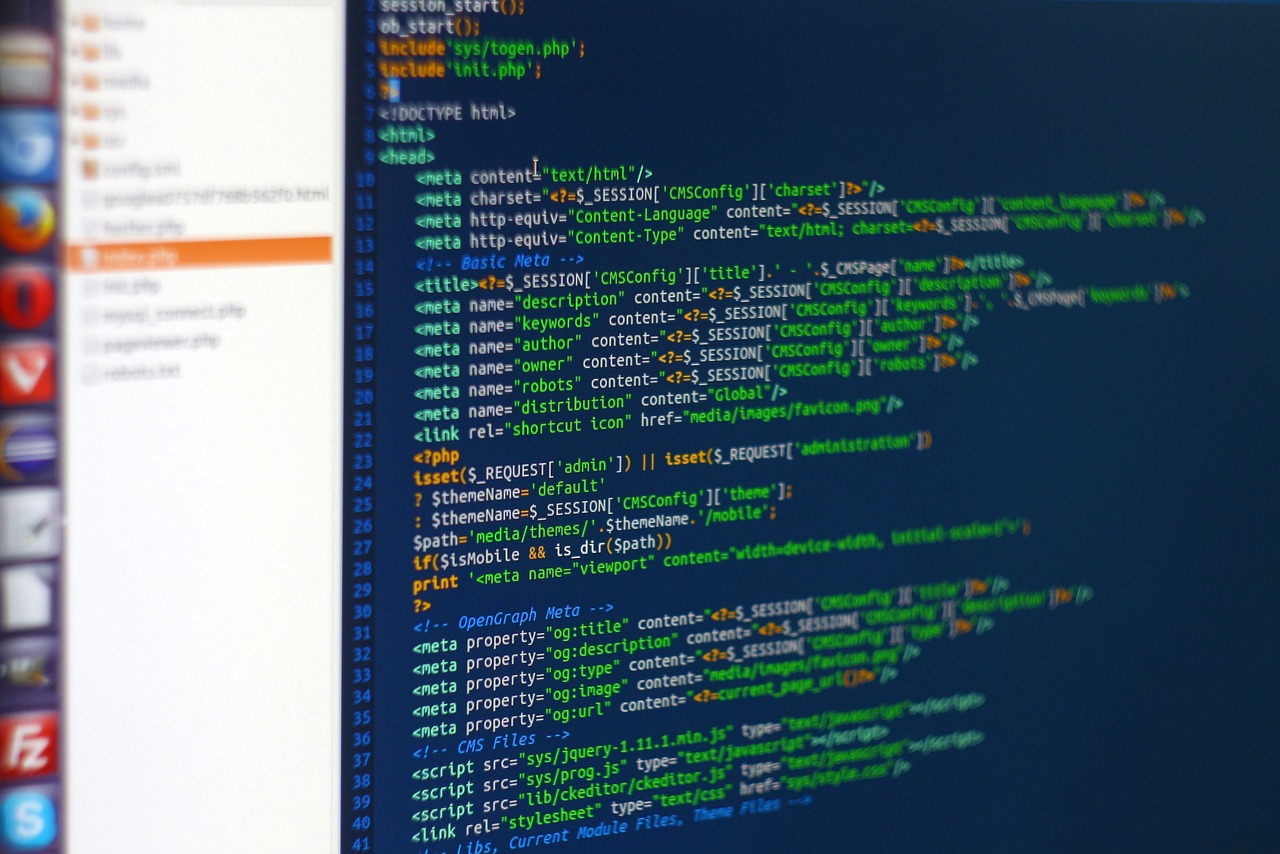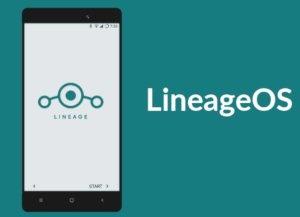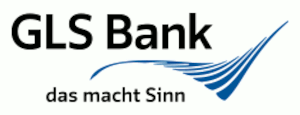Webdesign und Webprogrammierung
Joomla! 5: What's new and why you should upgrade
Joomla! 5 is the logical continuation of Joomla! 4, which was released in August 2021. Joomla! 5 brings many exciting new features and improvements that will make your website faster, more secure and more attractive. In this blog post, I would like to introduce you to some of the most important advantages of Joomla! 5 compared to Joomla! 4.
I. Support
One of the most important reasons to upgrade to Joomla! 4.x is the fact that Joomla! 3.x will no longer receive support from the Joomla! development team from mid-August 2023. This means that any security vulnerabilities or issues that arise in Joomla! 3.x will no longer be patched, leaving your website vulnerable to cyberattacks and other security threats.
Without support, Joomla! 3.x will become increasingly outdated and incompatible with new web technologies. As a result, website owners will experience problems with their websites, such as slow loading, broken functionality, and compatibility issues with newer web browsers and devices.
In addition, without support, website owners will not receive new features or improvements, which may put them at a competitive disadvantage against other websites that have upgraded to Joomla! 4.x.
Using an older version of a CMS like Joomla! 3.x can cause more and more problems over time. With the end of support for Joomla! 3.x, it's more important than ever to upgrade to Joomla! 4.x to ensure your website remains secure, up-to-date and competitive.
Read more: Three reasons why you should migrate your website to Joomla! 4.x
The Free Software Foundation Europe (FSFE) has now put the important topic of Android aftermarket firmware at the top of its agenda in November 2021 as part of its Upcycling Android initiative.
The procedure of flashing an Android device with alternative firmware is not exactly trivial, which is why I have been offering this service to my customers for some time now. Please read more about this here: https://www.webdesign-markward.de/android-custom-rom-installation.html
I am also active for all Oldenburg residents within the framework of the Resource Centre Oldenburg.
Read more: Upcycling Android Initiative of the Free Software Foundation Europe (FSFE)
If you already have a website and online shop, I can bring both up to date for you and optimise them for search engines (SEO).
If you don't yet have a website or online shop, I can realise both for you promptly and help you take your first steps into the world of online retail.
Revise your Google Business account and update the Business entry with further up-to-date information.
I could set up a chat function on your website so that you can also communicate with your customers outside of opening hours.
Android without Google - that sounds like Alster without beer or Windows without a blue screen. Anyone who buys a great new mobile phone with Android also gets Google's apps included without being asked. This convenience comes at a high price: the user pays with their data, and the constant exchange of data with Google's servers also reduces battery life. But it also works without a Google account and Play Store. If you're not afraid of many hours of fiddling and - depending on the smartphone manufacturer - risking the warranty, you'll get a smartphone free of proprietary apps and a Google account with a few losses.
AOSP only contains the open source code of Android
To take back the title of this article: Android without Google does not exist. Even the Android Open Source Project (AOSP) would not be possible without Google's source code. However, AOSP "only" contains the open source code for the software basis of Android. It is therefore not only the basis for alternative Android distributions such as LineageOS (formerly: CyanogenMod) or Paranoid, but also the basis for the "Android without Google" recommended here.
Of course, a custom ROM based on AOSP must first exist for the smartphone that is to be freed from Google. Custom ROMs are not allowed to pre-install Google apps for licensing reasons. Google Apps, or GApps for short, are proprietary software from Google.
In connection with the #NoHacked initiative, Google published the results of a study on website security in March 2017.
The number of successful website hacks in 2016 increased by over 32% compared to 2015.
Google blames this on two developments: on the one hand, hackers are becoming more active and aggressive, and on the other hand, there are more and more insecure websites (content management systems and shop systems) on the internet.
Read five reasons for you to enter into a service agreement...:
The Google browser Chrome warns you when you open an unencrypted website that it is not secure. This applies to pages that are opened via the http transmission protocol without an SSL security certificate and offer the possibility of collecting sensitive data.
You can recognise this by the "i" symbol in the URL bar. Since the release of Google Chrome browser version 56 in January 2017, the information "not secure" also appears if an unencrypted page requests sensitive data such as credit card details or passwords.
Google writes in its blog that this procedure may be further tightened to ensure user security.
Read more: Let's Encrypt - secure your domains with free SSL certificates


















